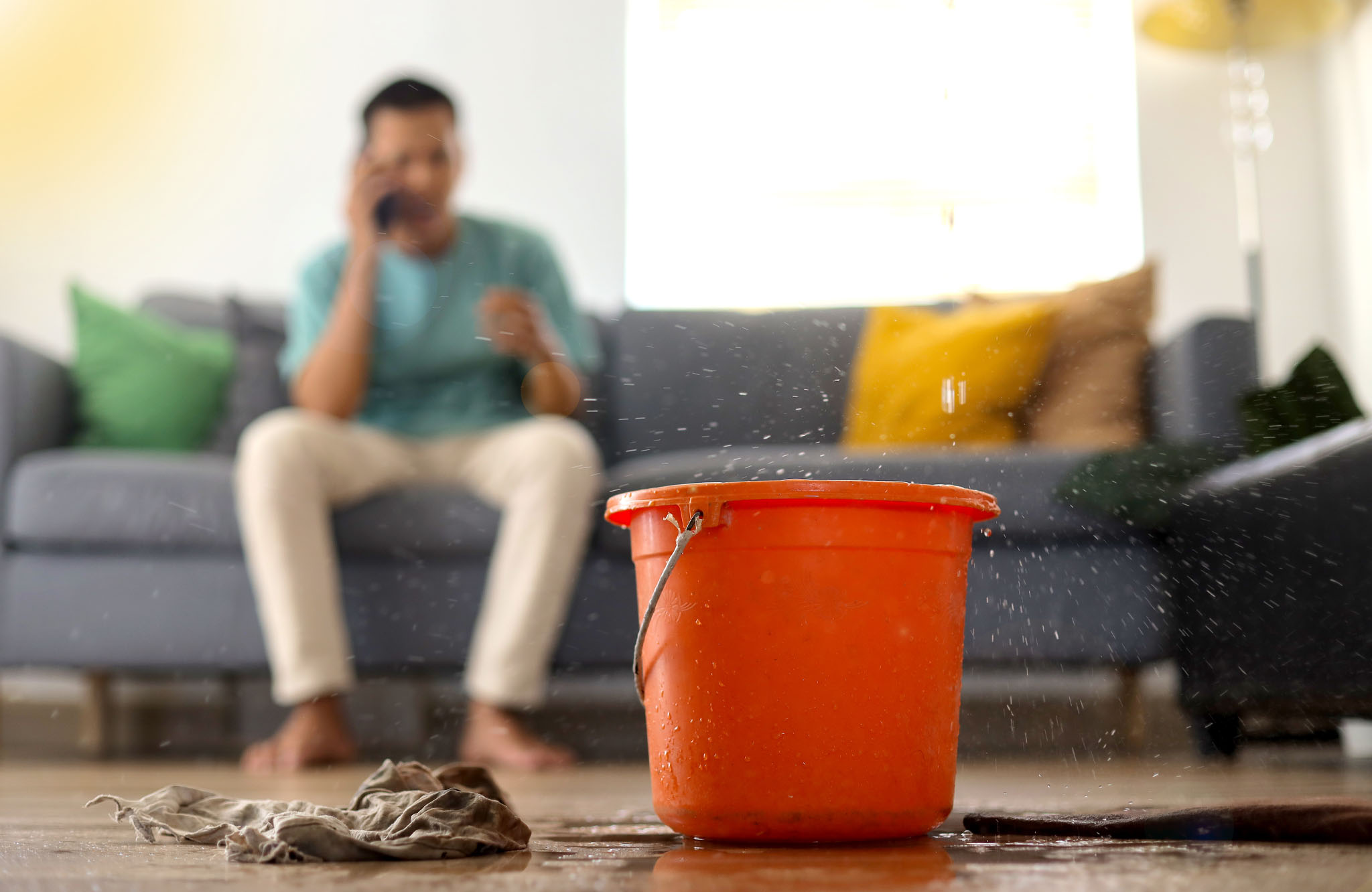
The Hidden Costs of DIY Plumbing Mistakes: Why Hiring a Pro Saves More Than Money
June 16, 2025

Does your hair feel lackluster or weighed down with mineral buildup? Does your skin feel itchy and dry after stepping out of the tub or shower? When you’re in the...
October 26, 2018
Does your hair feel weighed down with mineral buildup? Does your skin feel dry and itchy after stepping out of the shower? Are your dishes covered in water stains, or does it take a lot of soap to work up a good lather?
If you’ve noticed any of these signs, you might be dealing with hard water, but the good news is, there’s an easy fix: a water softener.
As water moves underground, it absorbs naturally occurring minerals like calcium, magnesium, and iron. This happens whether your water comes from a well or city supply.
A water softener removes the excess minerals in your water, converting hard water into soft water. Once installed, you’ll notice instant improvements in your daily routine.
Water softeners are easy to maintain and work quietly in the background, improving your water quality without you having to lift a finger, except to add salt periodically.
At Finken, we trust American-made Hellenbrand water softeners for top-quality performance and reliability.
Want to know if you have hard water? We offer complimentary water tests to determine your water hardness level and find the best water solution for your home.
Call 1-877-FINKENS today to schedule your FREE water test!

Resources
